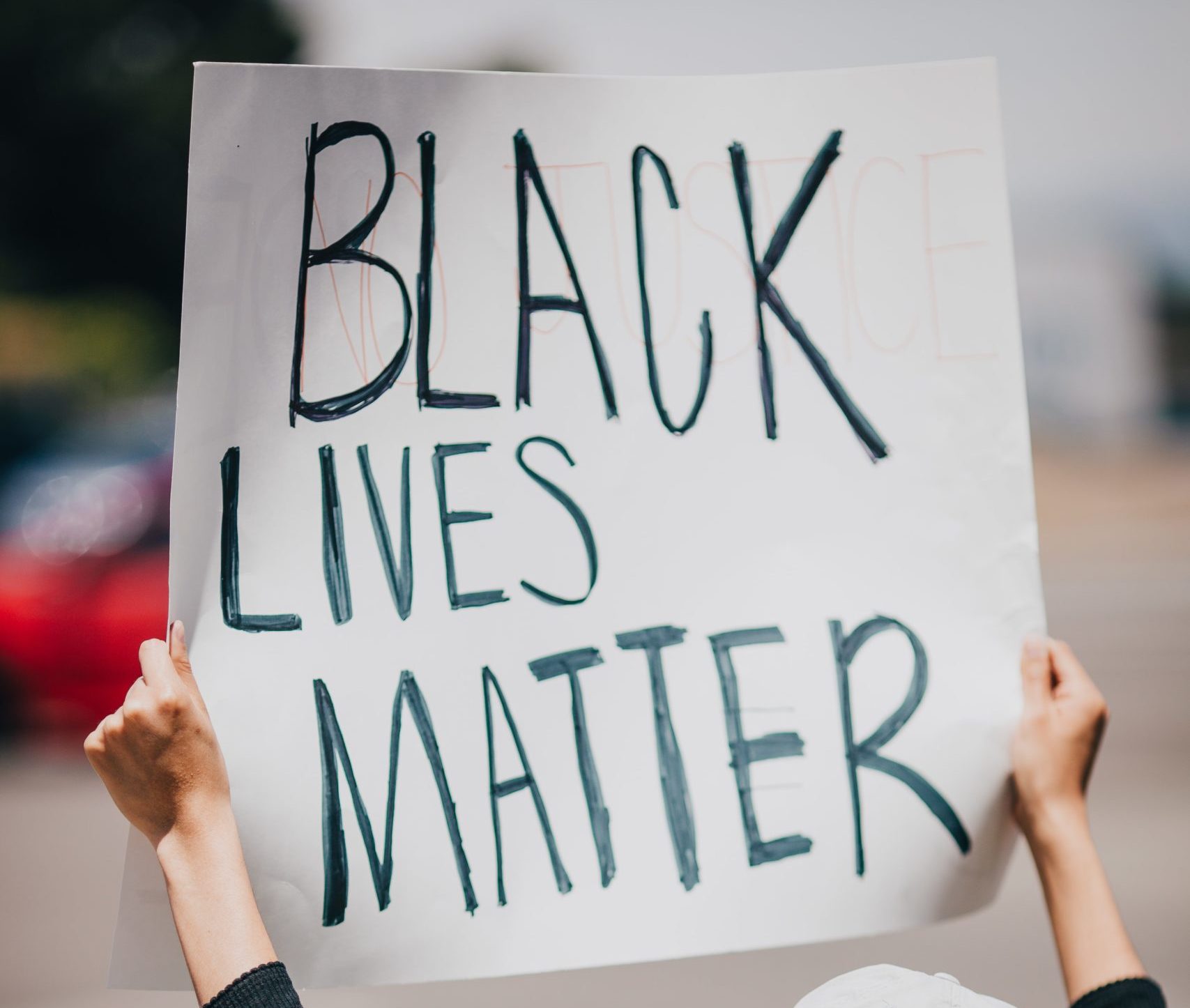Insights
How 2020’s Slogans Changed the Status Quo.

Amidst one of the most crowded, life-or-death years in communications in recent memory, it was incredibly difficult to ensure messages broke through all the noise. This past year, slogans—the short and striking or memorable phrases used by political parties, movements, or advertisers—were everywhere. Successful slogans motivate millions, transcend generations, and affect real change in our society. From “I Am a Man” to “Yes We Can,” slogans have accomplished monumental changes in policy and the general public’s views. But how do we evaluate success in sloganeering?
Successful slogans meet three criteria.
- First, they are clear and understandable.
- Second, they are inclusive of the people they need to mobilize (i.e. when read, the slogan becomes immediately relevant to a person’s lived experience).
- Finally, they are actionable, clearly telling the reader to do something or to feel an emotion.
- Is it understandable? The slogan itself makes it very clear what it wants audiences to know: Black lives have value.
- Is it inclusive? Whether you are Black, brown, white, or any other race, this slogan is inclusive of everyone’s lived experience. Even if one is not Black, most people have people of color in their lives who they care about and value.
- Is it actionable? While this slogan does not explicitly tell the reader what to do, its mere existence reminds us that Black lives are not valued equally among other races. Changing that status quo requires action.
- Is it understandable? While the slogan itself seems relatively straightforward, what it actually means to defund the police is still up for interpretation. For some, it means the elimination of police. For others, it means redirecting funds to other community safety initiatives. This lack of clarity and unity has led to a stall in true reform in places that have promised it. In order to mobilize people, they must have the same understanding of the problem and solution.
- Is it inclusive? The defund narrative includes all people directly affected by our country’s policing system and also those whose loved ones, affinity groups, and communities have been harmed by police. However, the politicization of the national conversation around police reform has resulted in both sides using this slogan as a divisive measure among audiences, rather than its intended goal of systemic, progressive change.
- Is it actionable? Regardless of its varying interpretations, this slogan makes a very clear call to action. At the very least, this slogan has successfully challenged the nation’s myopic view on public safety and produced results in cities across the country.
- Is it understandable? Unlike some of the other slogans like “Together Apart” or “Apart Together,” Wear a Mask is clear and concise.
- Is it inclusive? This slogan applies to everyone. Everyone should wear a mask, not just people experiencing symptoms or those with underlying conditions.
- Is it actionable? Pretty simple, yes? Wear a mask. No ifs, ands, or buts. The challenge comes with mobilizing people to take the action. Disinformation, politicization, and fear mongering around the pandemic have motivated some to refuse to use them.